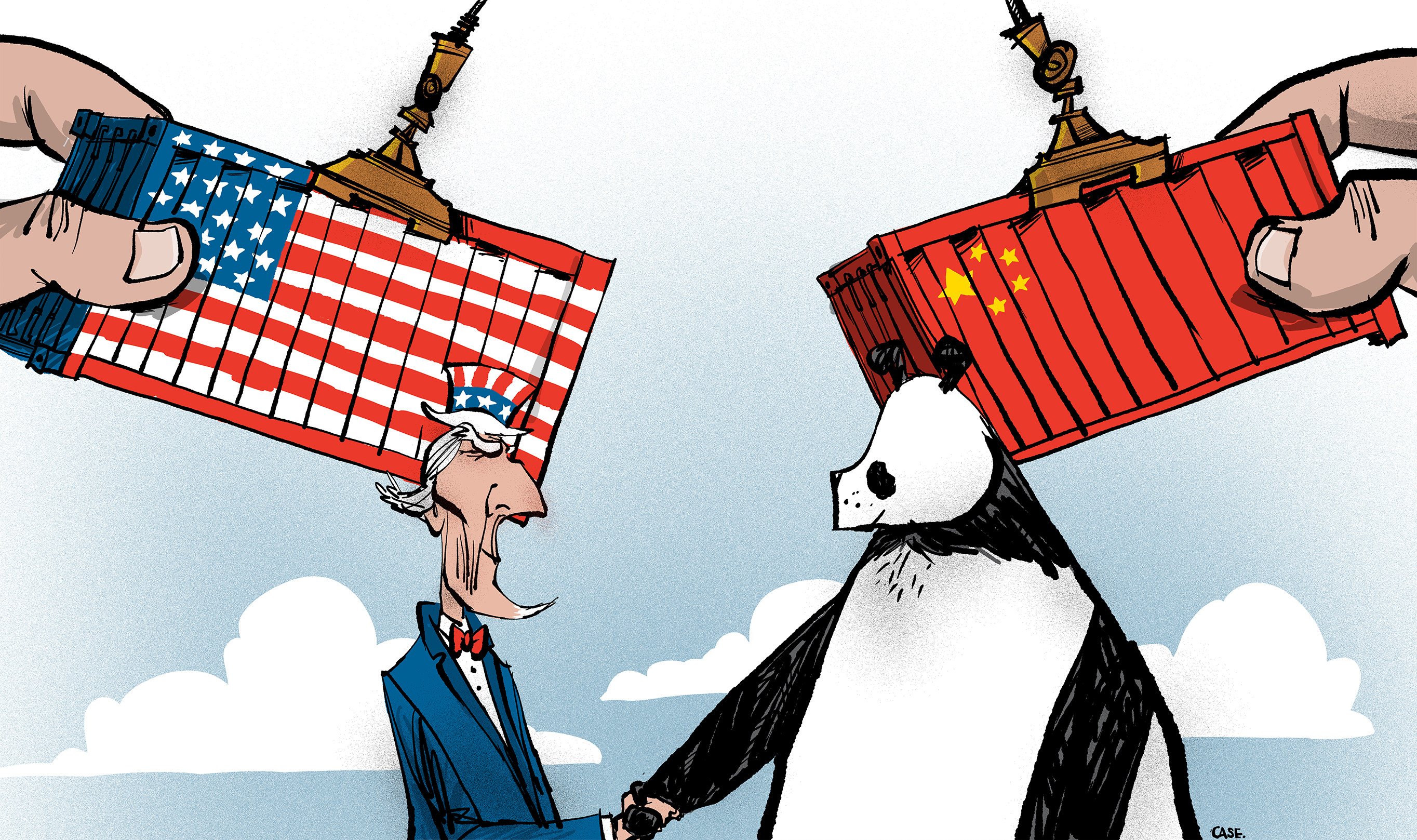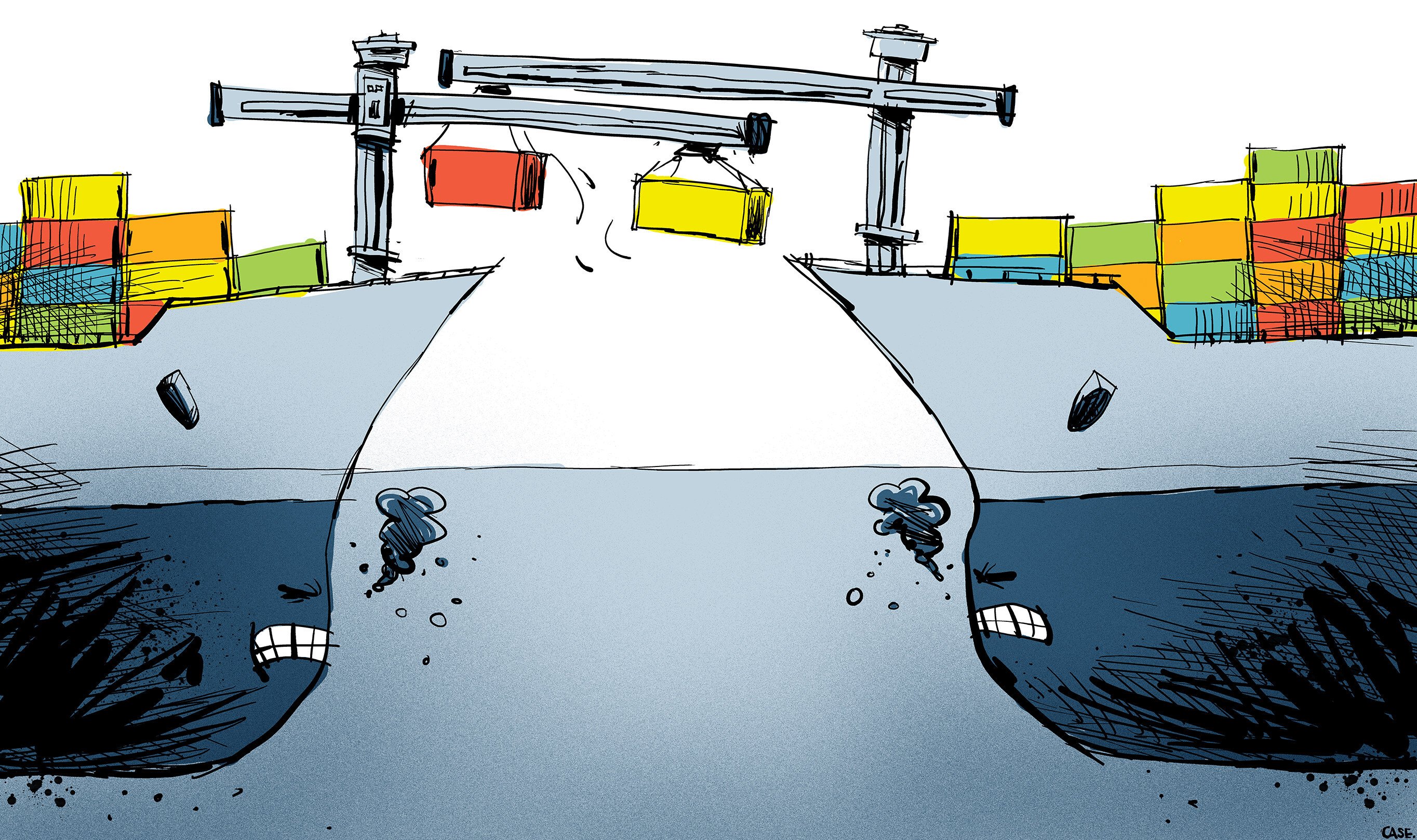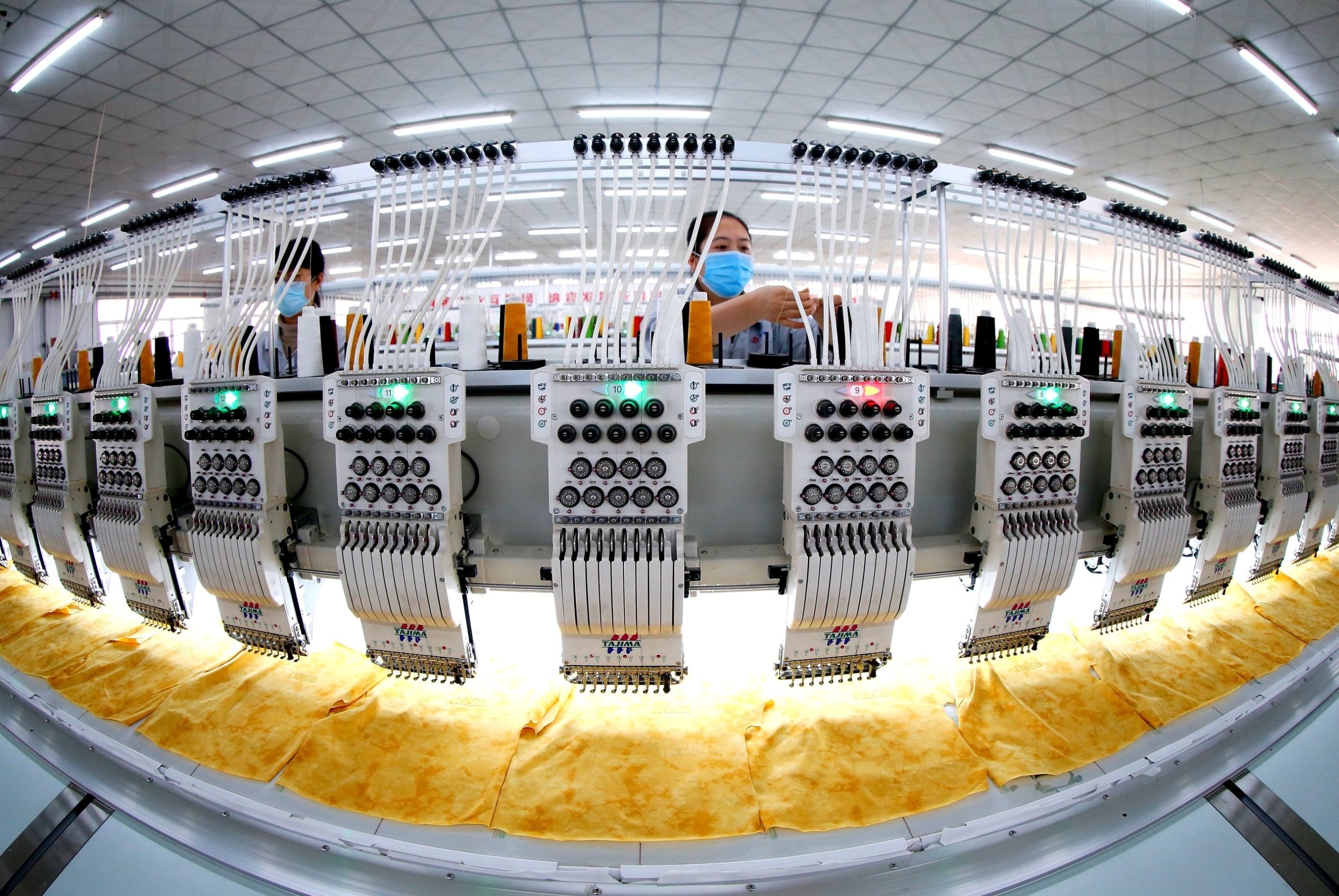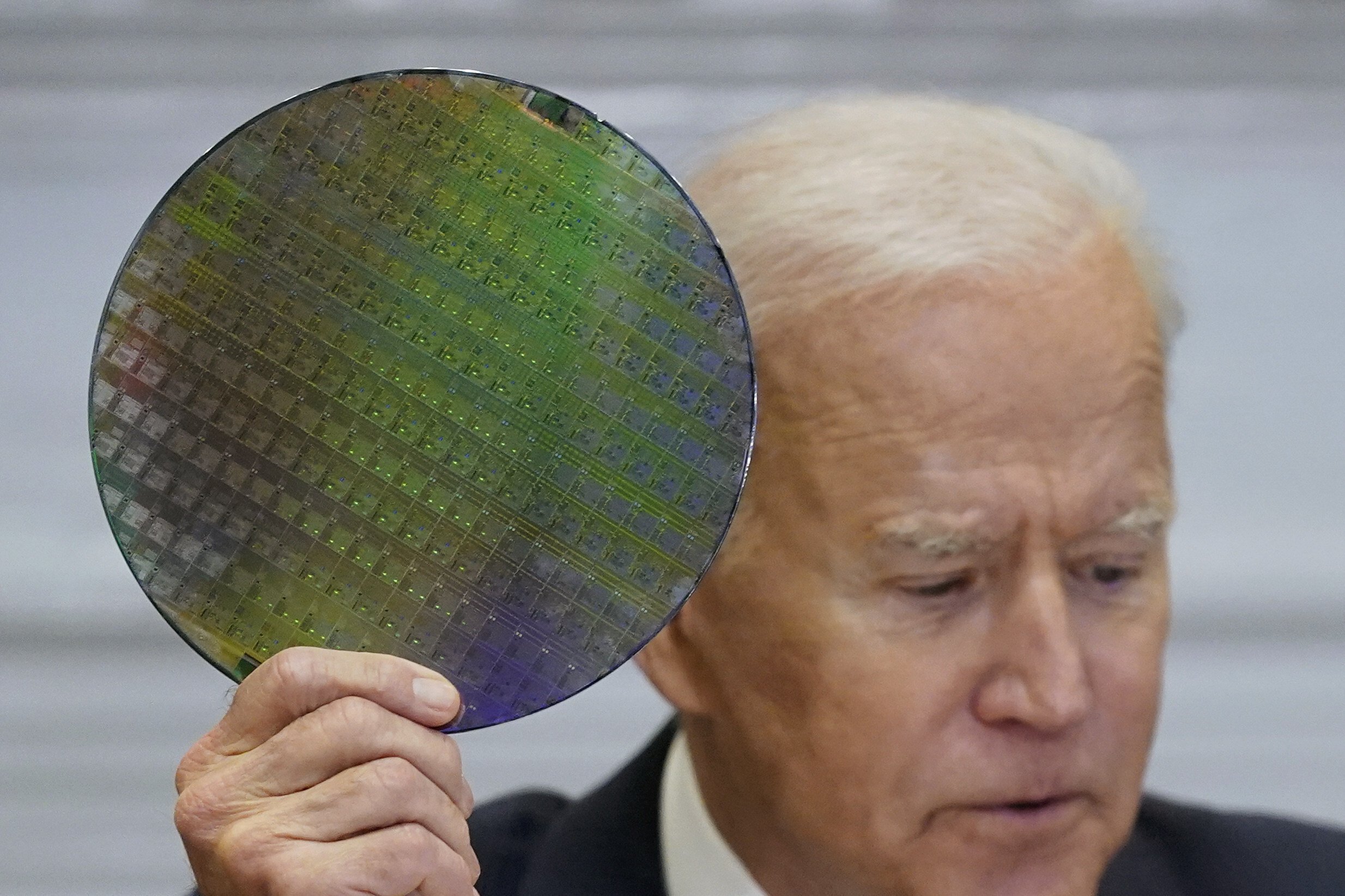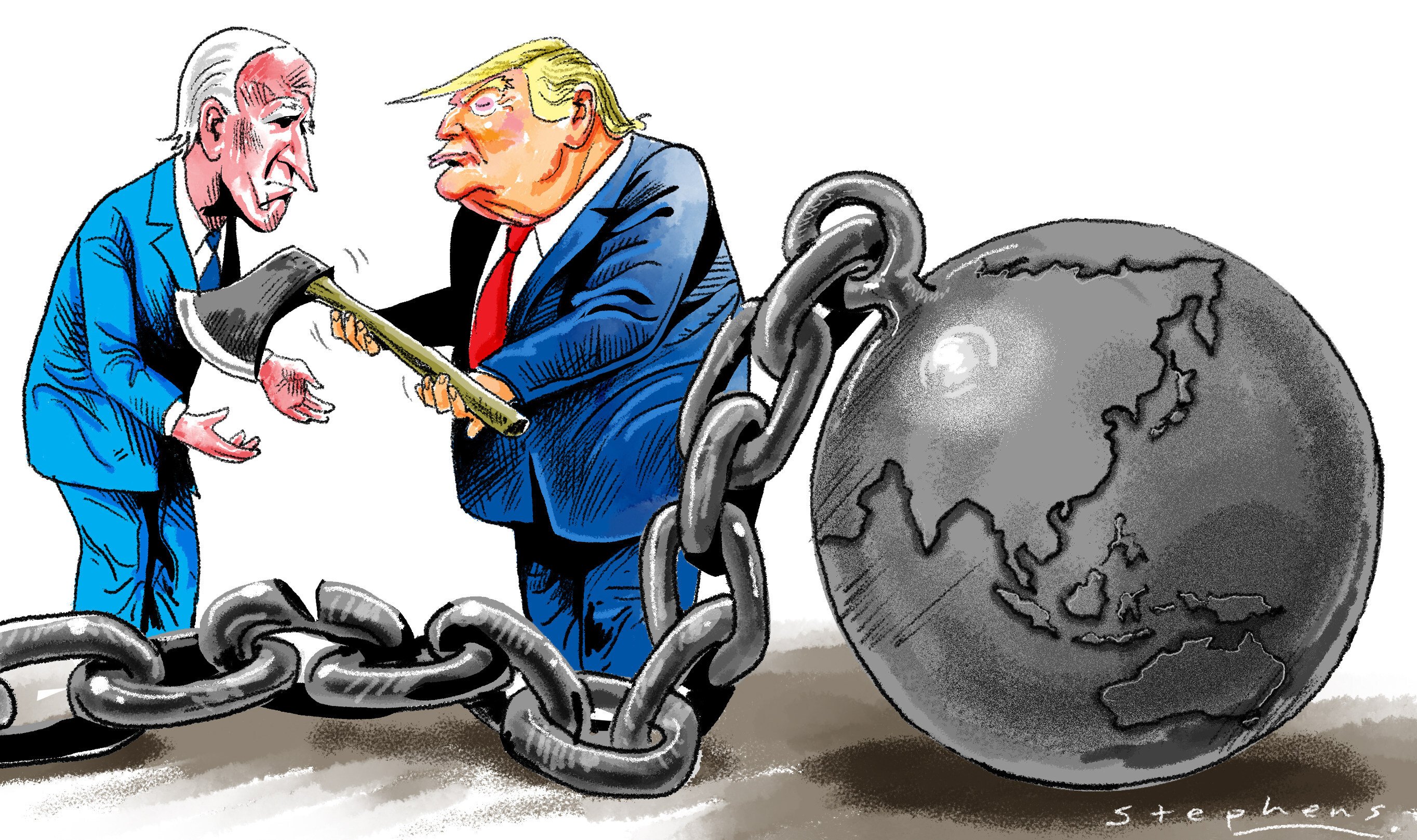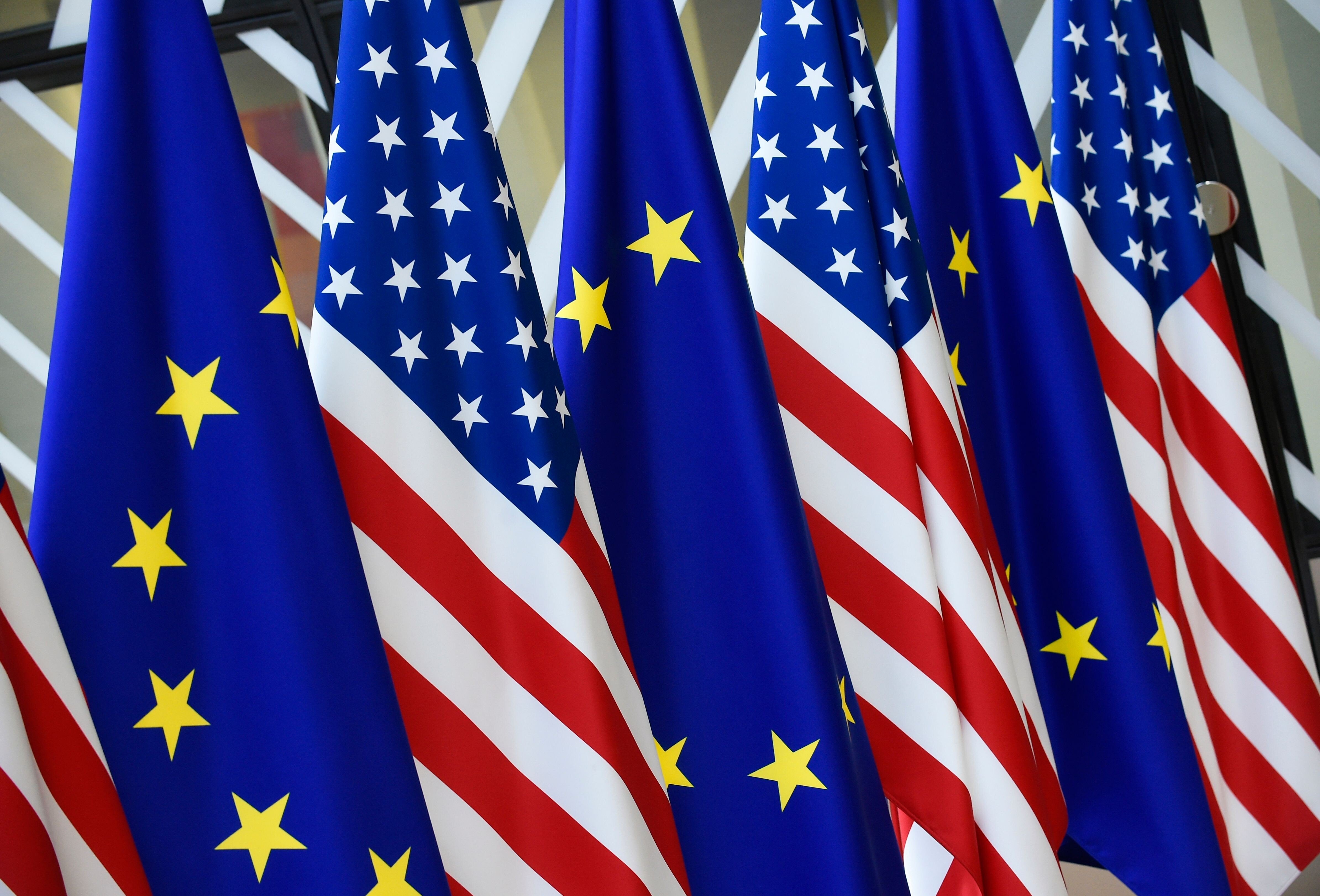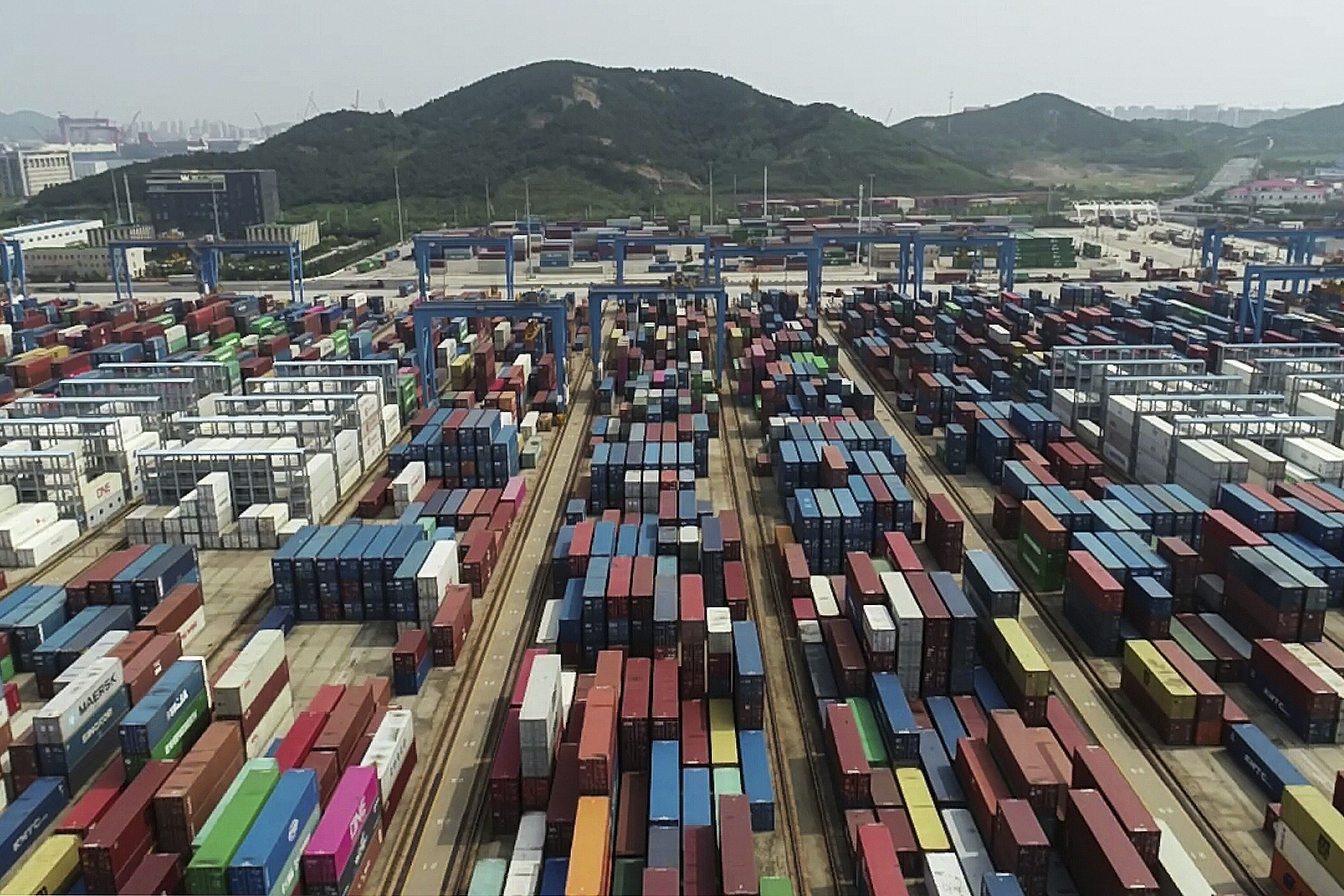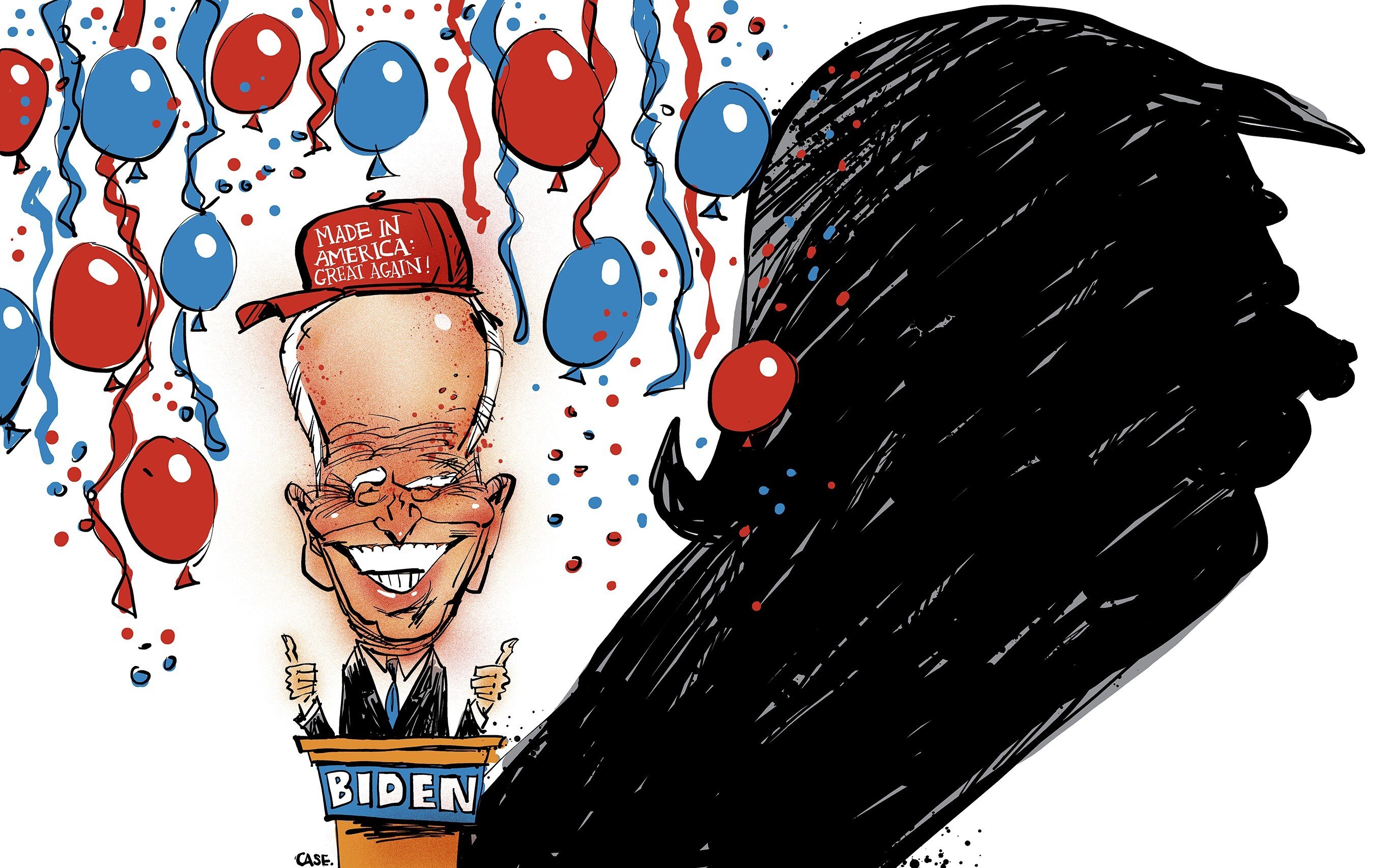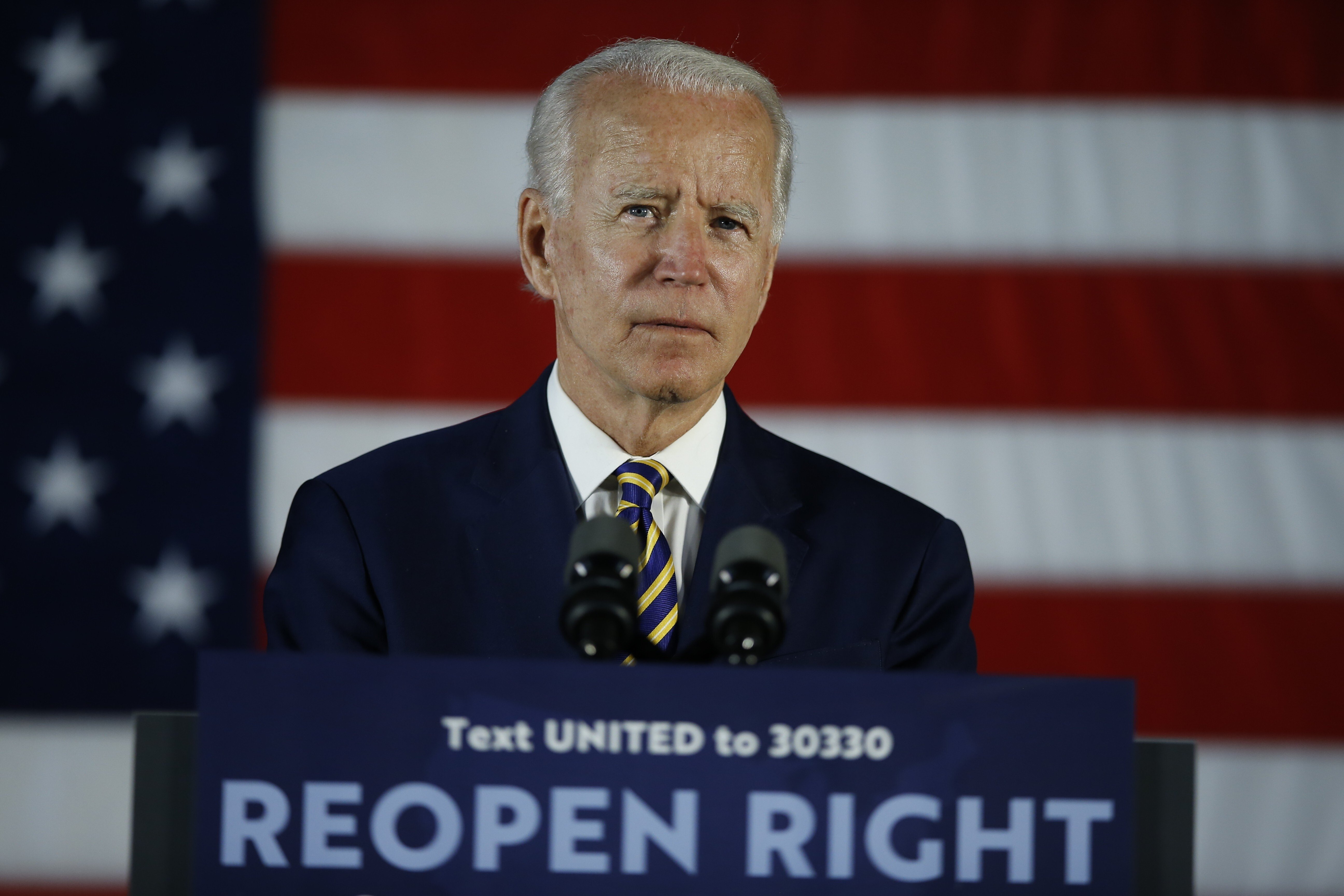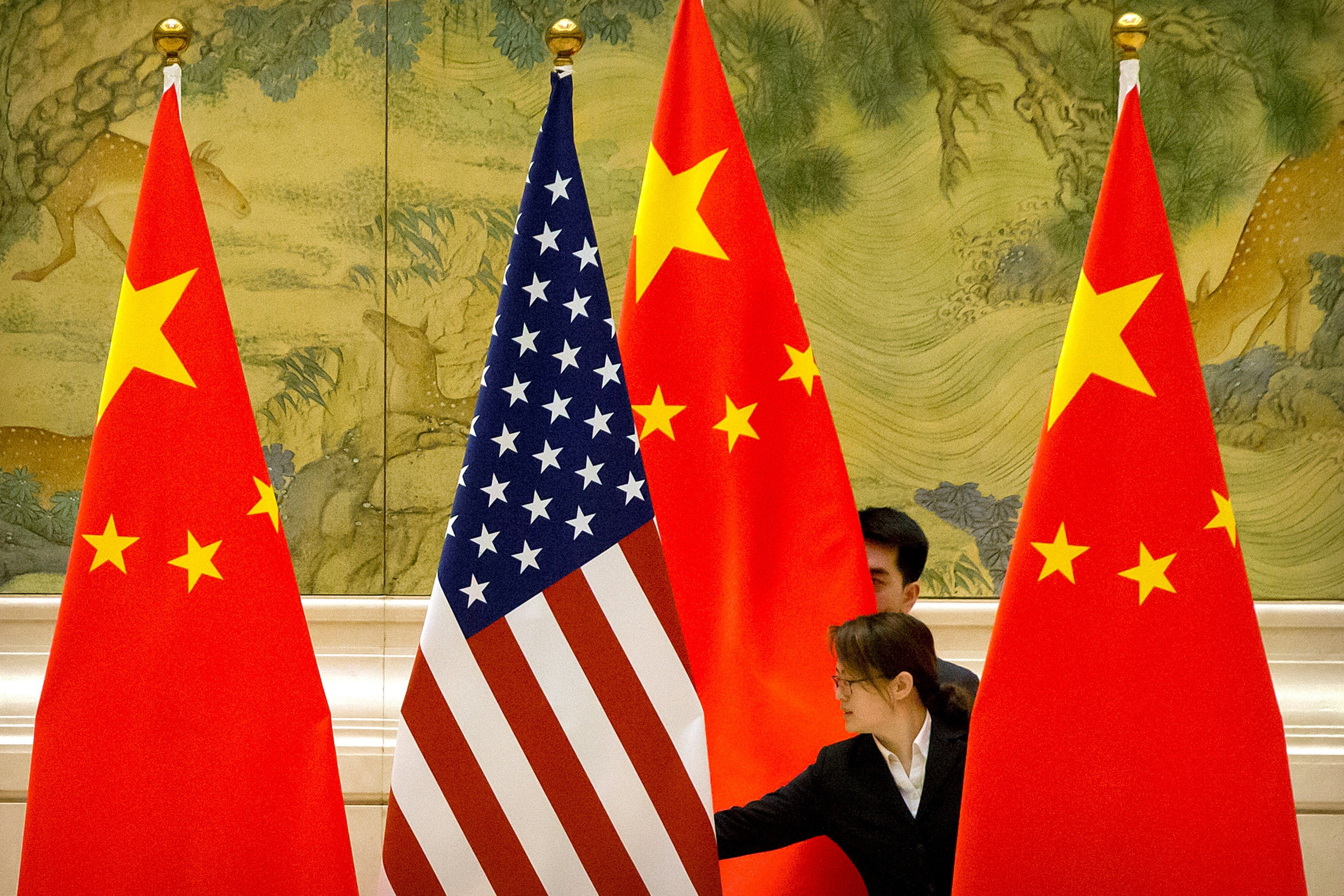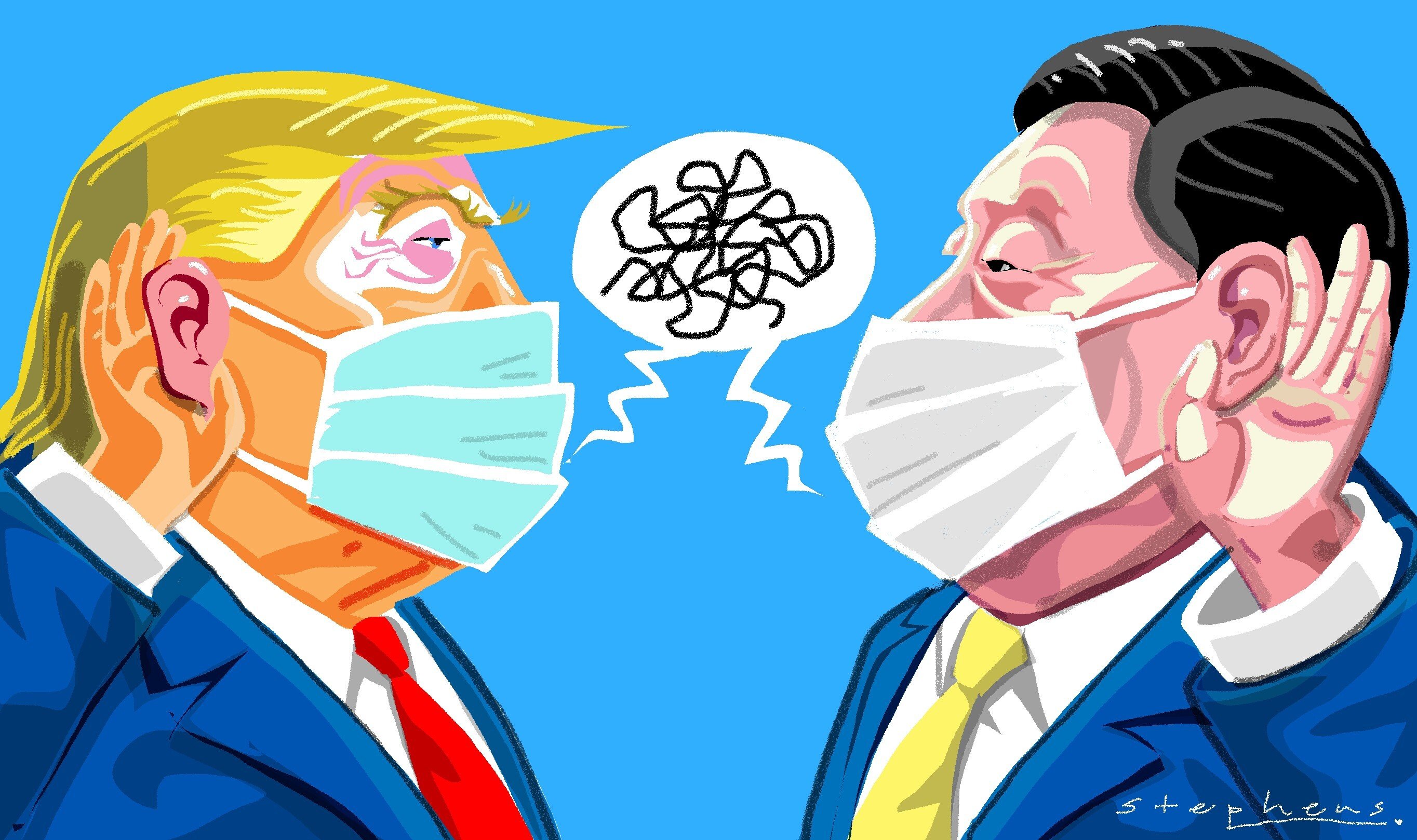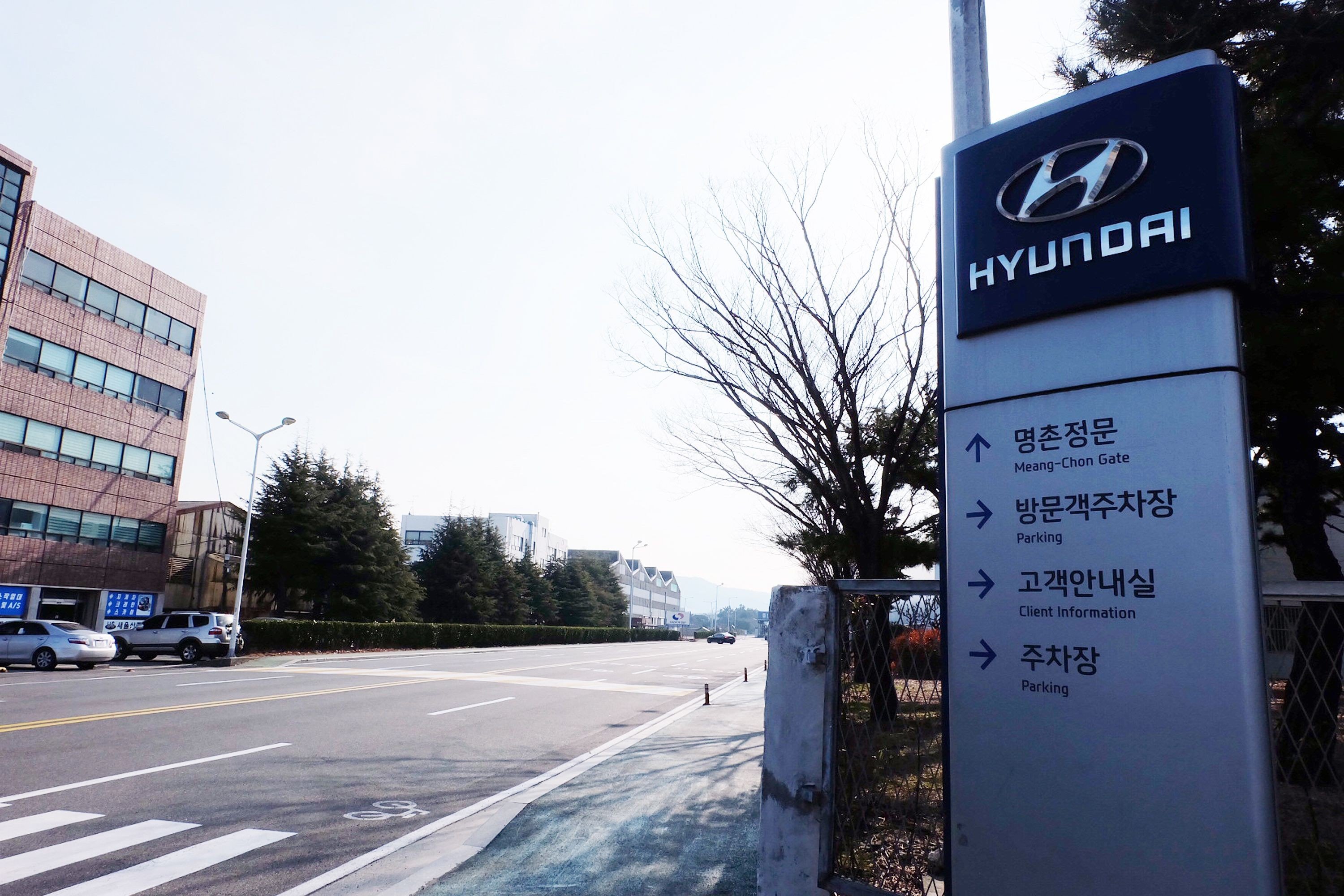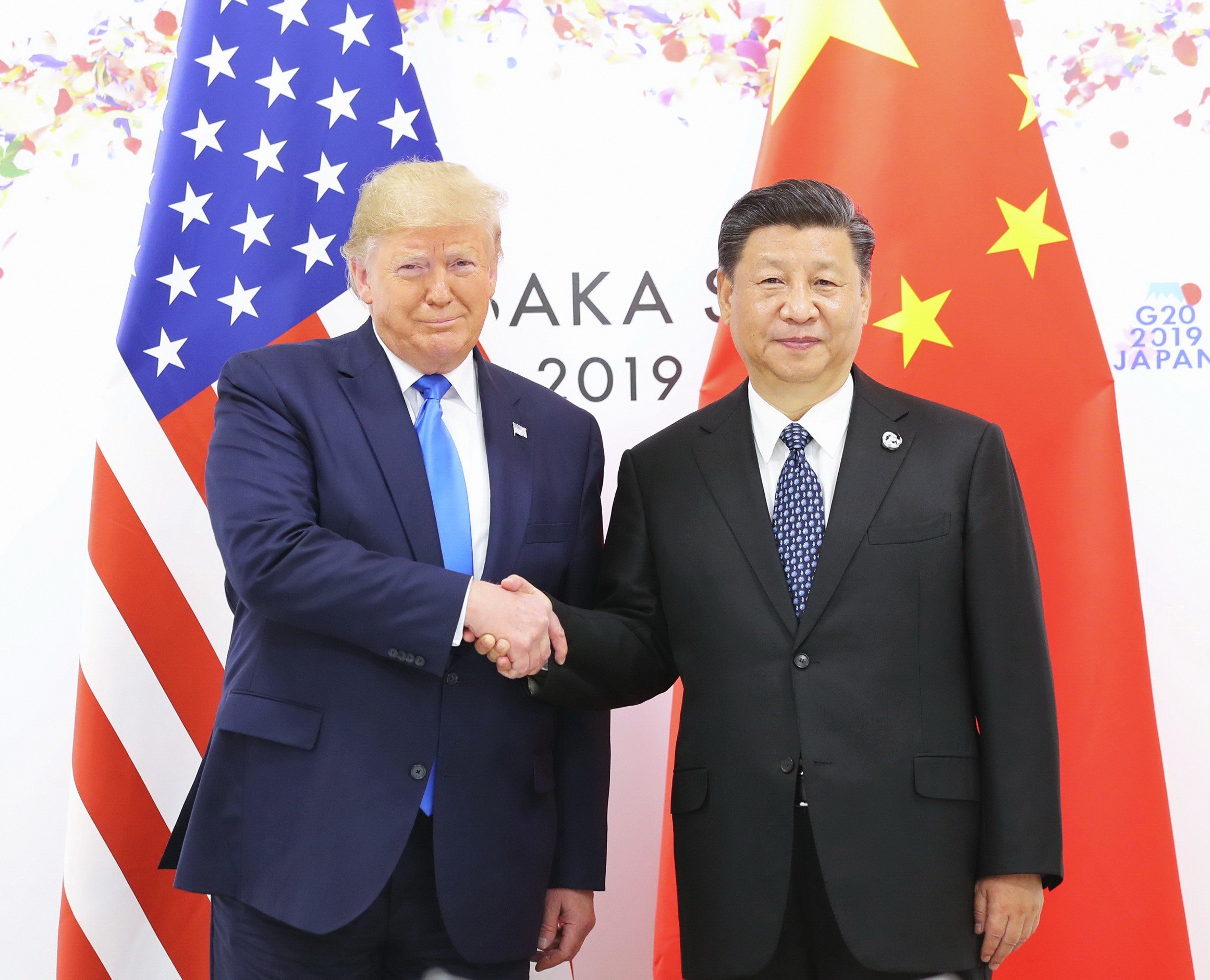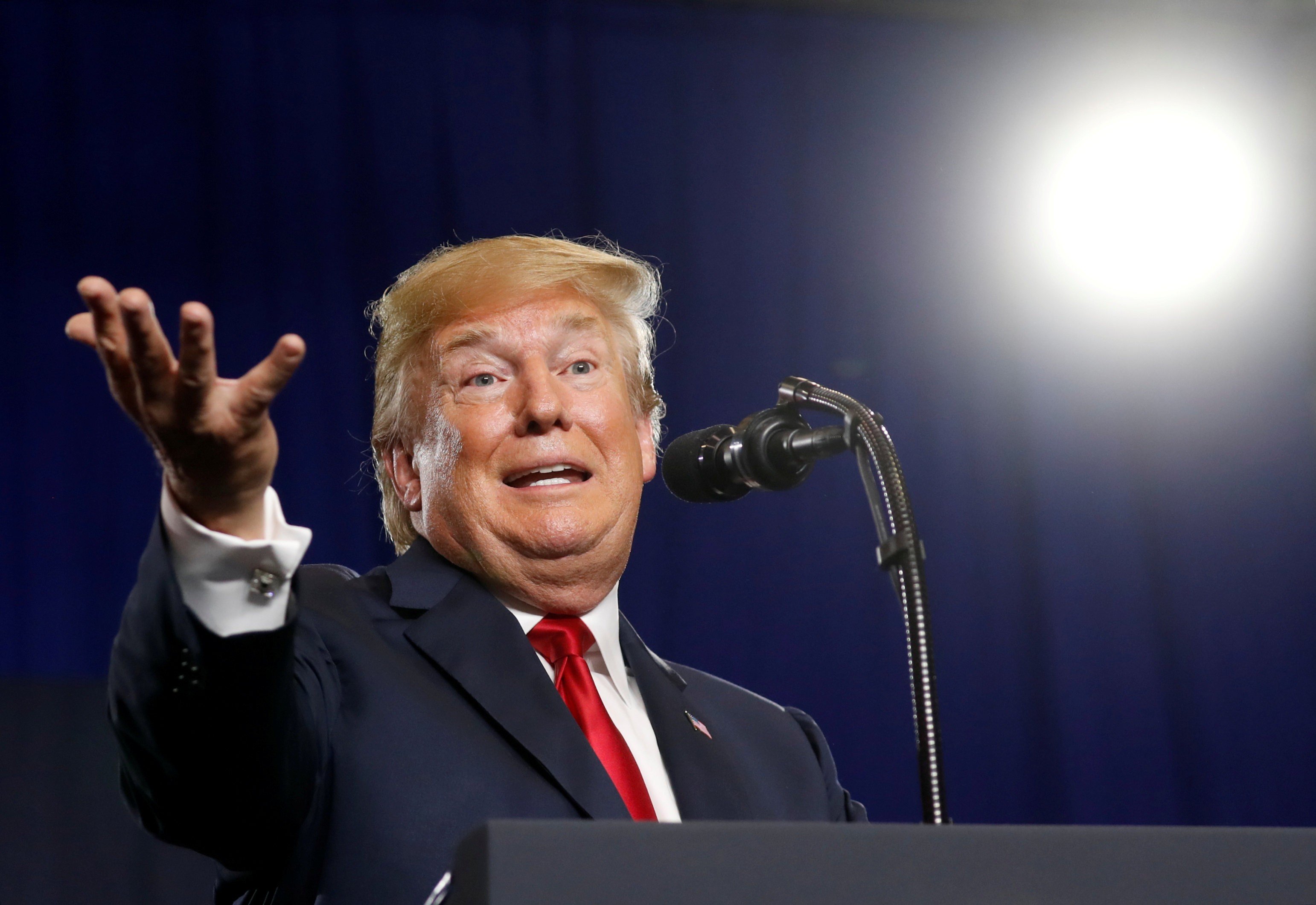
As trade investigations into Chinese shipbuilding, steel and aluminium suggest more tariffs and a review of Trump-era tariffs unlikely to end in a rollback, expect China to respond with force.
Contrary to many experts’ dire predictions and countries appearing to turn away from globalisation, trade has held up surprisingly well. Governments might bluster and even enact restrictions in pursuit of their geopolitical goals, but companies and consumers carry on.
Expect trade wars to intensify and a more demanding business environment as Beijing seeks greater economic independence while maximising the world’s dependence on China.
Developments in Biden’s first 100 days in office suggest a swift return to the pre-Trump status quo is unlikely. While the Biden team is conducting a thorough review of Trump’s trade actions, it is clear there will be a high degree of continuity.
Expect more reshoring to protect US worker interests, and greater regionalisation with partners such as Colombia or Mexico preferred over Asia. Given the radical shift in the US trade landscape, Biden’s policies might have more in common with Trump’s than Obama’s.
The EU’s decision to proceed with the deal and ignore Biden’s requests to slow down shows the extent to which US and EU China strategies are not always in sync. Some type of US-EU coalition on China is likely to materialise, but it will be more limited in scope and more complicated to manage than originally thought.
Biden is under pressure from Democratic Party progressives to adopt more stringent policies but he must avoid erecting so many barriers for less-developed countries that trade liberalisation is stymied.
The world is not turning its back on trade or globalisation, but it is being driven towards a more nuanced approach with a more realistic balance than the previous ‘more is better’ mindset.
US attitudes towards free trade have shifted dramatically. A Biden administration would not declare trade wars but would continue to prioritise workers and US manufacturing in its trade policy.
America’s trade partners are closely watching the November presidential election. Whether it is the WTO, China or carmakers, decision makers could be preparing for the possibility that the Trump administration will be voted out.
In a US election year that is seeing the global economy under severe stress from the Covid-19 pandemic, the deteriorating relationship between the world’s two biggest economies has little hope of being mended.
As the White House moves to systematically reduce US trade dependencies on China, the pandemic is putting pressure on the implementation of the terms of the phase-one deal even before the difficult phase-two negotiations begin. The uneasy US-China truce is unlikely to last long.
Confidence has suffered as trade wars highlight the risks of interdependence, and tech advances weaken the economic rationale for far-flung supply chains. The coronavirus and its disruptions may finally push the world to consider a new trading order.
Any agreement reached in renewed talks between the two is likely to be short-lived, as the cooperation that once underpinned deeper economic integration has been replaced by outright rivalry. The relationship must be redefined.
US tariffs on auto parts from major players such as Germany, Japan, Mexico – and even China – could provoke retaliation that would dwarf the damage caused by Washington’s current conflict with Beijing.
There are problems galore with global trade regulations, to the point that we now have an architecture that is no longer perceived as capable of delivering mutually beneficial trade.
